Eugene Asse: An Architect with a Strong Voice
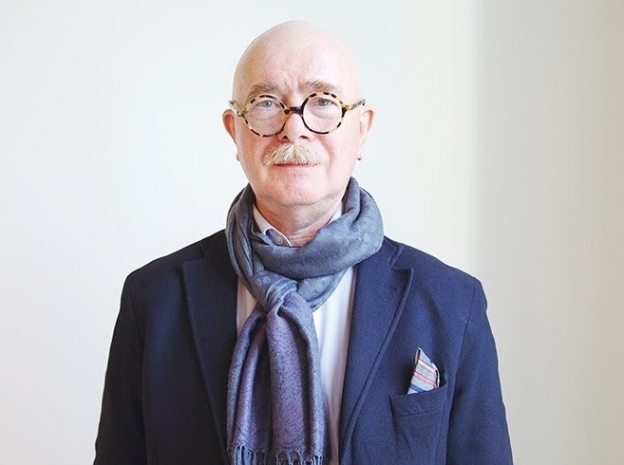
This article is part of our “Architectural Counselor” series dedicated to the members of the Architectural Council of Moscow. We have talked to Eugene Asse, the founder of the Moscow School of Architecture (MARCH) who runs his own design office, and discussed national education peculiarities and architectural identity among other topics.

Eugene Asse’s office looks more like an apartment of an architectural aficionado. Desks are filled with papers, achitectural journals and books, and the bureau’s small but friendly team likes it that way. “I have a very specific strategy for professional activity, and that’s a small bureau”, says Asse. “It’s not that I wouldn’t be able to handle a bigger one, I simply don’t see the need. I prefer working with 5-6 people I really know. It’s something personal, I think”.
However small the bureau itself may be, its projects are nothing short of ambitious. Asse Architects can name Muzeon Park with its three big pavilions and the reconstruction of Arsenal, a branch of the National Centre for Contemporary Arts in Nizhny Novgorod, among its achievements. Asse also works with galleries and exhibitions spaces on a regular basis. “I love designing exhibitions”, confesses the architect. “Unlike the city architecture, the results can be seen right away”.
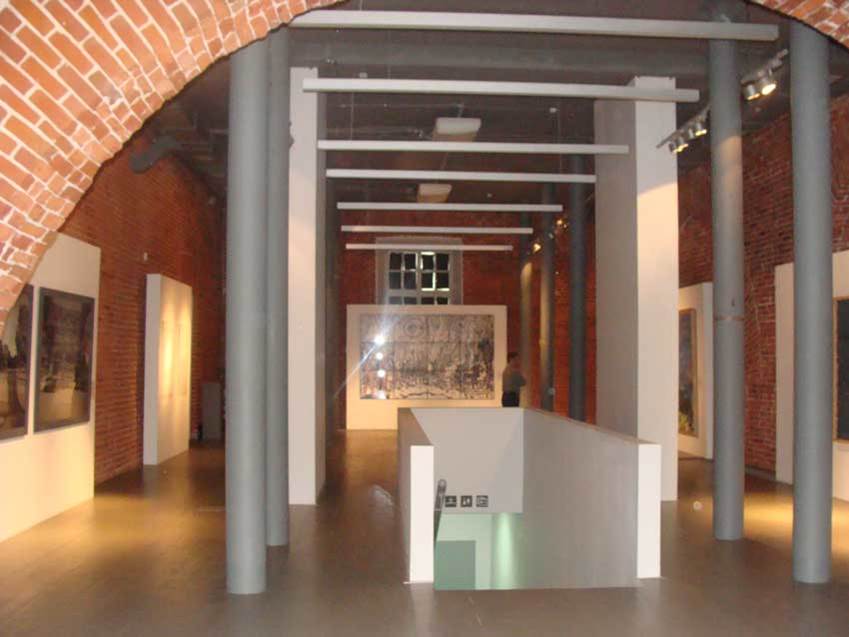
The range of Asse’s activities is so wide that organizers of different events he participates in always struggle to find the right term to present him to the audience. Is he a professor? An architect? A philosopher? “I think that everything I do fits within the same pattern. It’s not like I’m performing in a circus — I am not that miscellaneous. I’m an architect who teaches, paints a little and isn’t afraid to voice his opinions. Basically, I’m an architect with a certain public profile.”
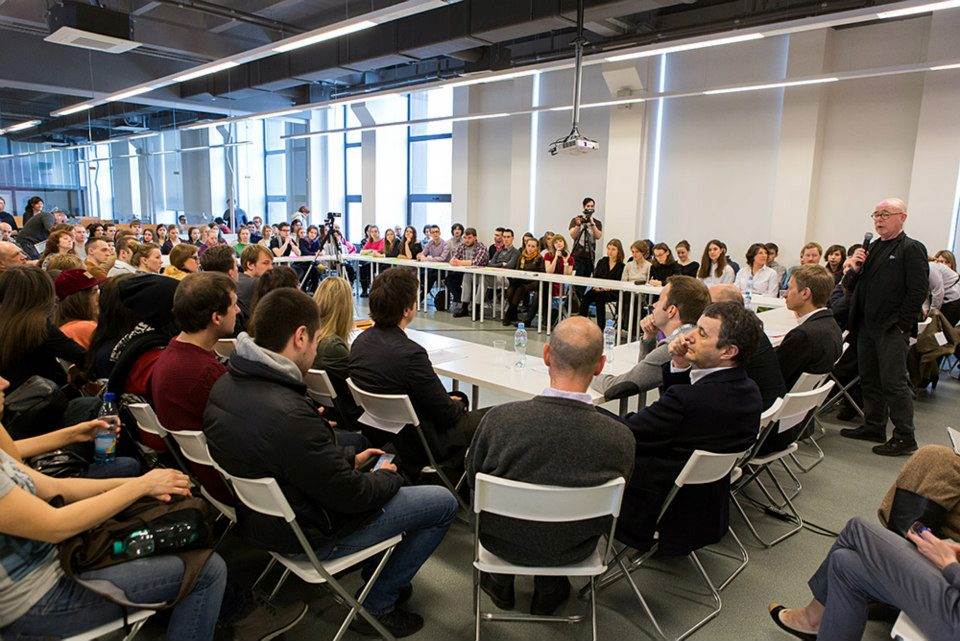
Eugene Asse had headed the Experimental Design Studio (the famous Archclass) at MArhI for many years, nurturing new generations of intellectual architects. in 2002, after leaving the institute due to ideological differences, Asse founded the Moscow School of Architecture (MARCH), part of the London Metropolitan University. Here’s what he has to say about the Archclass’s legacy: “We left nothing good behind. We took all there was and made good use of it”.
This summer’s Arch Moscow exhibition saw MARCH’s students presenting their graduation projects. Overall, their professor was satisfied with the results. “We are still going though some growing pains. Most of our professors are very traditional when it comes to teaching methodology, and the students have had their experience of what it’s like to study in a Russian college. Russian educational system is all about indoctrination: the knowledge is drilled into students. In the western tradition, on the other hand, the students have to actively seek the knowledge, and it reflects on the quality of the project.”
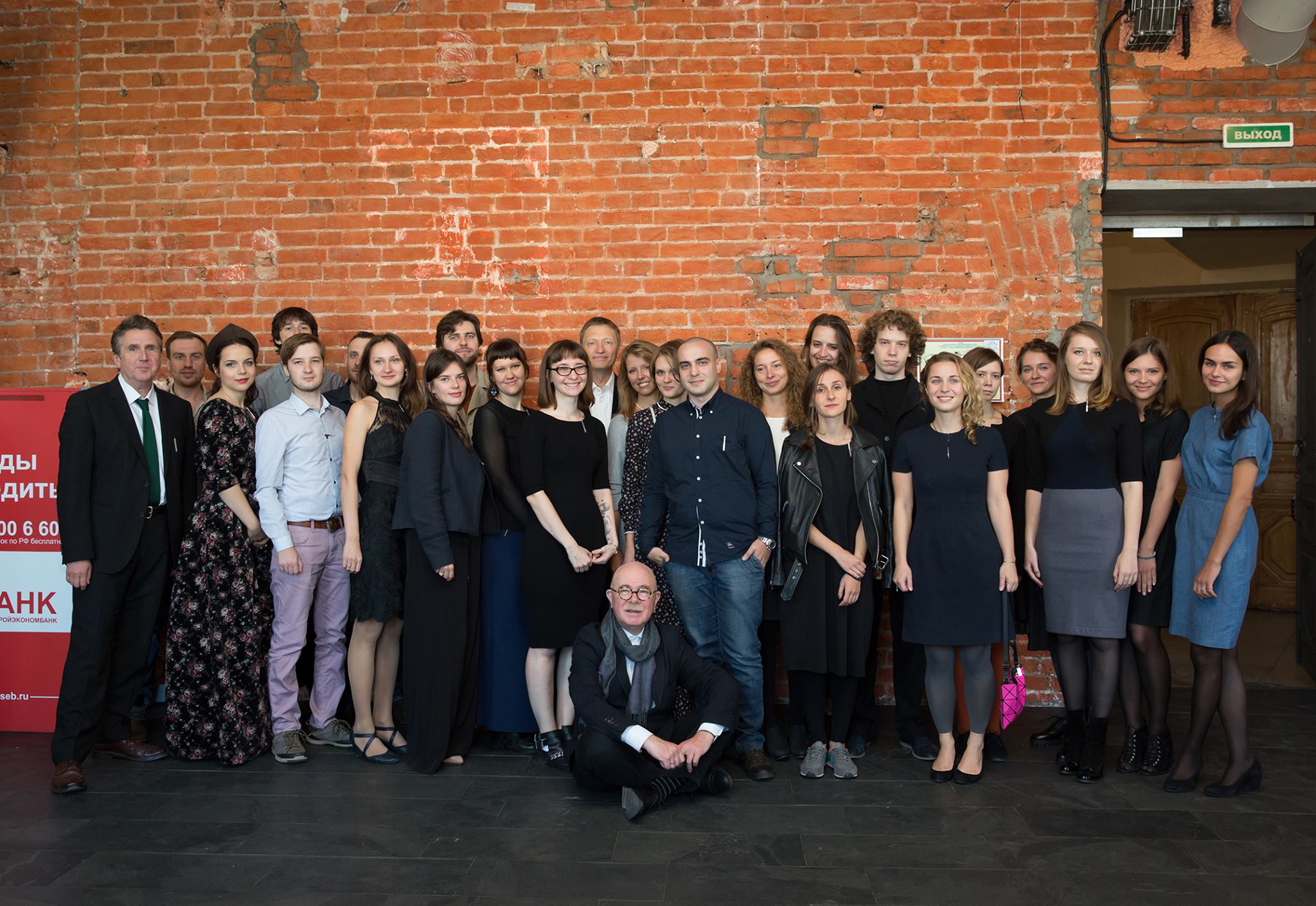
One of the biggest challenges the architectural community is facing today, according to Eugene Asse, is the lack of professional criticism: “There are great columnists like Grigory Revzin, but they mostly discuss cultural strategies, economic aspects or discrete power struggle, not the architectural substance per se. This topic has to be covered, because every profession requires some interpretation. Otherwise the students don’t really process what they’re doing and are unable to have an informative talk about it”.
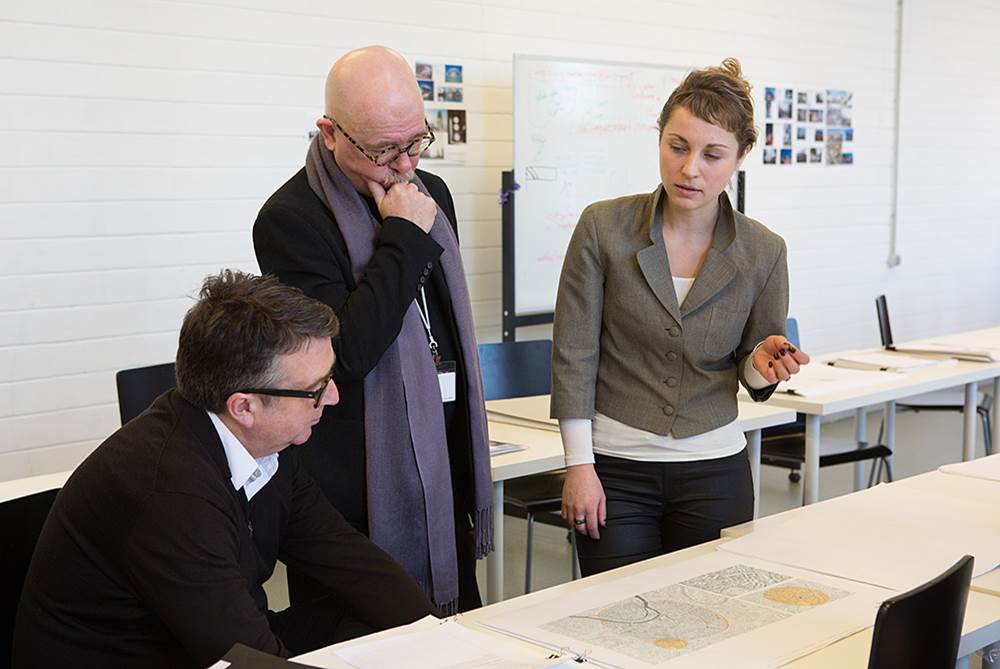
Asse is one of those rare architects who are able to analyze others’ projects from both architectural and contextual point of view. Being a member of the Architectural Council of Moscow, discussing other’s projects is something he does regularly. “We analyze and review many projects,” notes the architect, “but there are certain things we don’t talk about. And those things are important to me as a citizen. The architecture is not everything; it is people and their connections that make a city. If you destroy the city centre’s social integrity, it will become lifeless.”
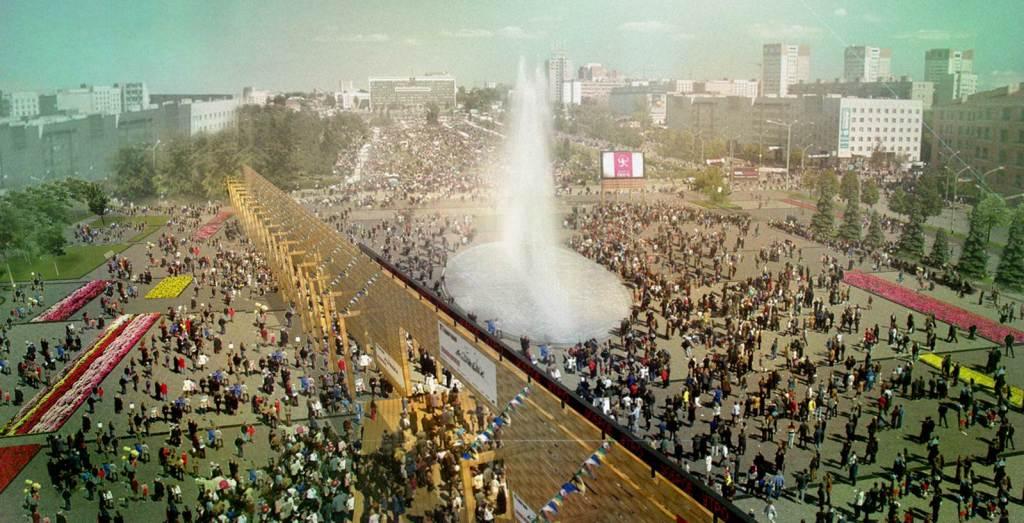
This year Asse has declined an invitation to participate in the International Festival of Architecture and Design “Zodchestvo”, dedicated to Russian architectural identity. “If we’re talking about my personal identity, it’s too big of a question. If it’s about the state identity, I’m not really interested,” explains Eugene Asse. “It is understood that national identity corresponds to certain traditional mentality that manifests itself in unpredictable and impalpable patterns. What is there so particularly Swiss about Le Corbusier’s projects? And yet he has represented his country on the world architectural stage for many years.”
- Tags:
- Architectural Counselor |
- Eugene Asse |
- interview





